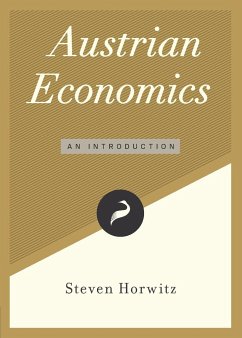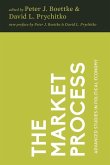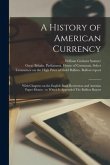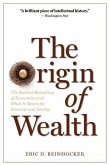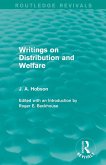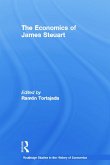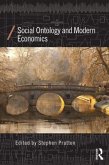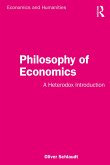What if economics began with people? Choice is an essential feature of the human condition. Every time we embark on a given plan of action, big or small, we make a choice. Whereas many economists model people's behavior using idealized assumptions, economists of the Austrian School don't. The Austrian School of Economics takes people as they are and constructs economic theories by examining the logical structure of the choices they make. This book explains the Austrian School's insights on a wide range of economic topics and introduces some of its key thinkers. It also explains the relationship between the Austrian School and mainstream economics and delves into the criticisms that Austrian School economists have mounted against communist and socialist economic thought.

